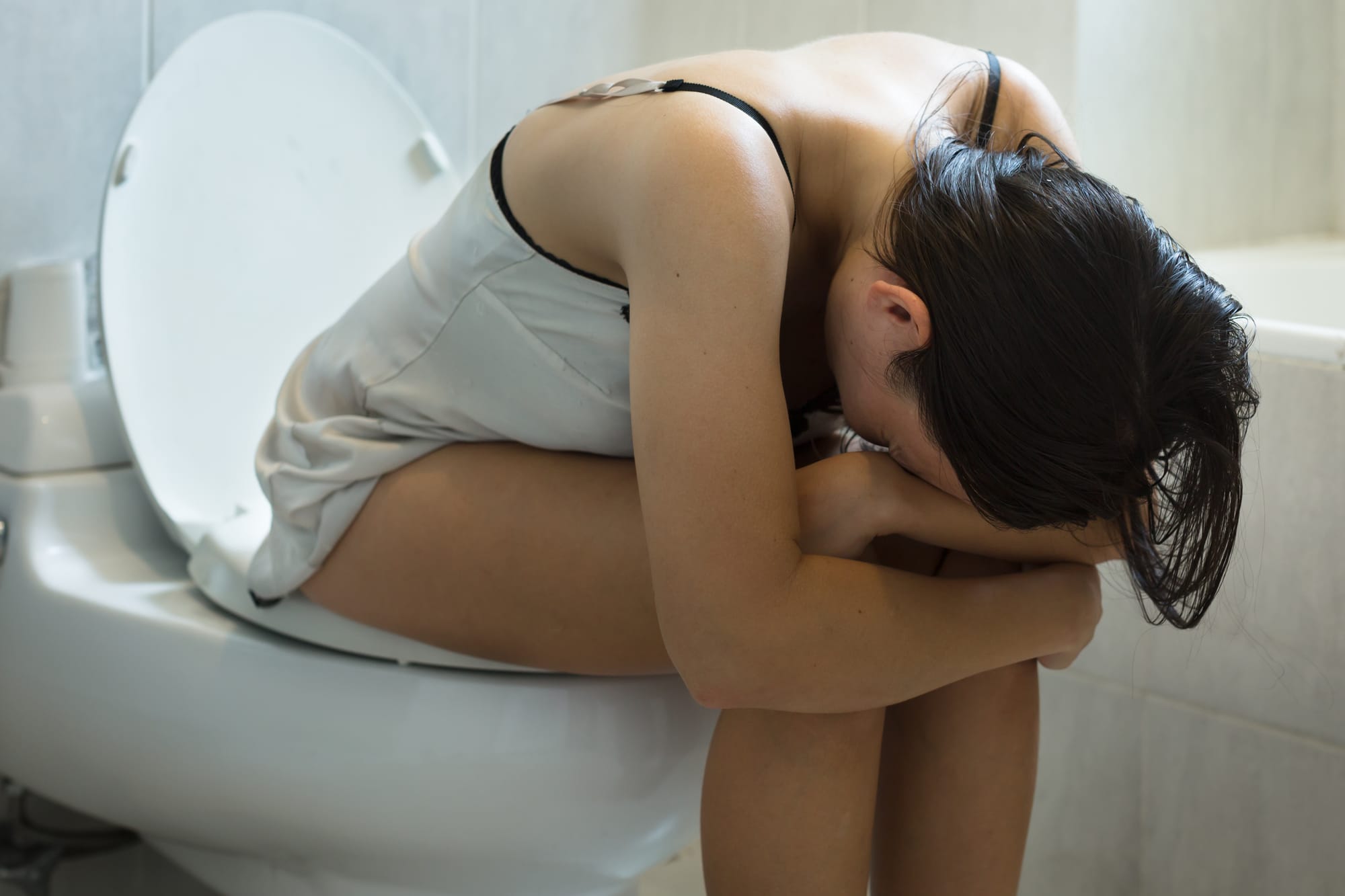Heavy Periods (Menorrhagia): More Than an Inconvenience

Many women experience heavy periods at some point in their lives. But when bleeding is so heavy it disrupts daily life, causes anaemia, or leads to embarrassment and exhaustion, it becomes a medical condition known as menorrhagia. Far from being “just part of womanhood,” heavy periods can signal underlying health problems that deserve timely diagnosis and treatment.
What Counts as a Heavy Period?
- Bleeding that lasts longer than 7 days
- Passing large blood clots
- Changing pads/tampons every 1–2 hours
- Needing double protection (pads and tampons)
- Anaemia symptoms: fatigue, dizziness, shortness of breath
If these sound familiar, it’s important to seek advice rather than suffer in silence.
Heavy Periods Across the Life Cycle
Teenagers
- Often linked to hormonal imbalance in the first few years after menstruation begins
- May cause school absence and embarrassment
- Can sometimes reveal bleeding disorders (rare, but important to detect early)
Reproductive Age (20s–40s)
- Heavy periods may be caused by fibroids, adenomyosis, endometriosis, polyps, or hormonal conditions
- Affect fertility and sexual health
- Interfere with careers, parenting, and social life
Perimenopause (40s–50s)
- Hormonal fluctuations can make bleeding unpredictable and very heavy
- May mask underlying conditions such as endometrial hyperplasia or cancer
- Impact is often underestimated because symptoms are attributed to “normal menopause changes”
The Wider Impact on Women’s Lives
Anaemia and Energy Levels
Repeated heavy bleeding can cause iron-deficiency anaemia, leaving women constantly exhausted, breathless, or dizzy. This can have a ripple effect on every aspect of life — from parenting to career to social activities. Many women don’t realise their fatigue is linked to their menstrual health.
Intimate Relationships
Heavy periods often affect sexual intimacy and romantic relationships:
- Fear of bleeding during intercourse
- Avoiding intimacy due to embarrassment or discomfort
- Strain on relationships when pain, fatigue, or avoidance is misinterpreted as lack of interest
Open communication with partners and medical support can help women regain confidence and connection.
Self-Esteem and Emotional Wellbeing
Living with heavy periods can chip away at self-esteem. Women may feel embarrassed about leaks in public, avoid exercise or swimming, and even decline social invitations. For teenagers, this can lead to social isolation. For adults, it can reduce confidence in both professional and personal settings. Many women also carry a sense of shame or frustration from not being believed or taken seriously by healthcare providers. Recognising heavy periods as a legitimate medical condition is essential to restoring confidence and dignity.
Understanding Your Cycle and Symptoms
Tracking cycles helps women notice when bleeding is excessive and identify associated symptoms such as:
- Severe cramps
- Fatigue and anaemia-related symptoms
- Pelvic pain between periods
- Intermenstrual spotting
Awareness empowers women to advocate for themselves, seek medical help, and push for further investigations if symptoms are dismissed.
Treatment Options
Treatment should be tailored to age, cause, and fertility wishes:
- Lifestyle & Medical therapies:
- NSAIDs and tranexamic acid to reduce blood loss
- Hormonal options such as the pill, Mirena IUD, or injections
- Surgical options:
- Hysteroscopy (to remove polyps)
- Myomectomy (to remove fibroids)
- Endometrial ablation (destroying the lining of the womb to reduce or stop bleeding)
- Robotic or laparoscopic surgery for adenomyosis, fibroids, or endometriosis
- Definitive treatment:
- Hysterectomy for women who have completed their families and don't mind their womb removed, and where other treatments have failed
Expert Care in London
Heavy menstrual bleeding should never be dismissed as “just heavy periods.” With the right investigations and treatment, women can regain control of their health, energy, relationships, and self-confidence.